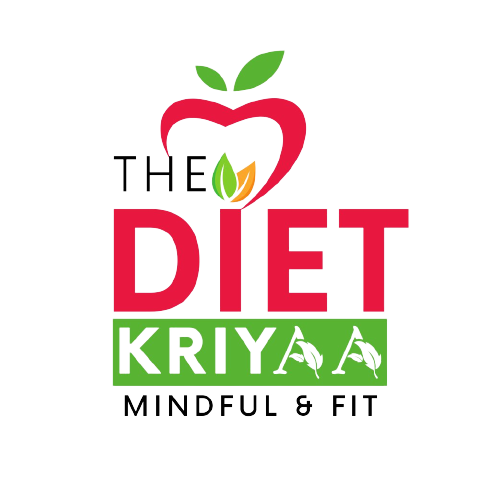The Importance of Nutrition in Mental Health: Diet's Role in Well-being
- Canute Fernandes
- Sep 22, 2023
- 2 min read

Introduction: The Mind-Body-Nutrition Connection
Our mental well-being is intertwined with our physical health, and nutrition plays a pivotal role in this relationship. As our understanding of the brain and its functions evolves, the significance of dietary choices in shaping our mental health becomes evident.
The Science Behind the Link
Neurotransmitters, the brain's chemical messengers, are influenced by the nutrients we consume. For instance, serotonin, often termed the "feel-good" hormone, is derived from the amino acid tryptophan, which we obtain from our diet.
Why Nutrition Matters for Mental Health
A balanced diet provides the necessary vitamins, minerals, and other nutrients essential for brain function. Deficiencies or imbalances can lead to mood disorders, cognitive decline, and other mental health issues.
Key Nutrients for Mental Well-being
Omega-3 Fatty Acids
These essential fats, found abundantly in fatty fish, flaxseeds, and walnuts, support brain health. Research suggests they can help combat depression and anxiety.
B Vitamins
These vitamins, especially B6, B9 (folate), and B12, play a role in producing neurotransmitters. Leafy greens, beans, and poultry are rich sources.
Antioxidants
Vitamins C, E, and certain plant compounds neutralize harmful free radicals in the brain. Berries, nuts, and vegetables are packed with these protective agents.
Minerals: Zinc, Magnesium, and Iron
Zinc affects neurotransmitter release and is found in beef, pumpkin seeds, and lentils. Magnesium, present in whole grains and dark chocolate, aids in nerve function. Iron, essential for carrying oxygen to the brain, is abundant in red meat and spinach.
The Gut-Brain Axis: A Central Player
Understanding the Gut-Brain Connection
The gut and brain communicate constantly. This interaction impacts mood and mental well-being, emphasizing the importance of a healthy gut microbiome.
Probiotics and Mental Health
Probiotics, or "good" bacteria, may have potential benefits for mental health. Fermented foods like yogurt and kimchi are rich probiotic sources.
Dietary Patterns and Mental Health Outcomes
The Mediterranean Diet
High in vegetables, fruits, whole grains, and olive oil, this diet is linked to lower risks of depression and cognitive decline.
Processed Foods and Their Impact
Diets high in processed foods, sugars, and unhealthy fats can contribute to inflammation and may exacerbate mental health issues.
The Role of Hydration
Dehydration can impair concentration and mood. Drinking enough water is crucial for brain function and overall mental health.
Conclusion: Nourish the Mind by Nourishing the Body
Making mindful dietary choices can profoundly impact our mental health. Prioritizing nutrition is not just about physical well-being but also about nurturing our minds.
FAQs
1. How does nutrition impact mental health?
Nutrition provides essential nutrients that influence neurotransmitter production and function, affecting mood, cognition, and overall mental well-being.
2. Which nutrients are crucial for brain health?
Omega-3 fatty acids, B vitamins, antioxidants, and minerals like zinc, magnesium, and iron play pivotal roles in supporting brain health.
3. What is the gut-brain axis and why is it important?
The gut-brain axis refers to the bidirectional communication between the gut and the brain. A healthy gut microbiome can positively influence mood and mental health.
4. How does the Mediterranean diet benefit mental health?
Rich in brain-boosting nutrients and antioxidants, the Mediterranean diet is linked to reduced risks of depression and cognitive decline.
5. Why is hydration essential for mental well-being?
Dehydration can impair cognitive functions and mood. Drinking adequate water supports optimal brain function and overall mental health.

Comments